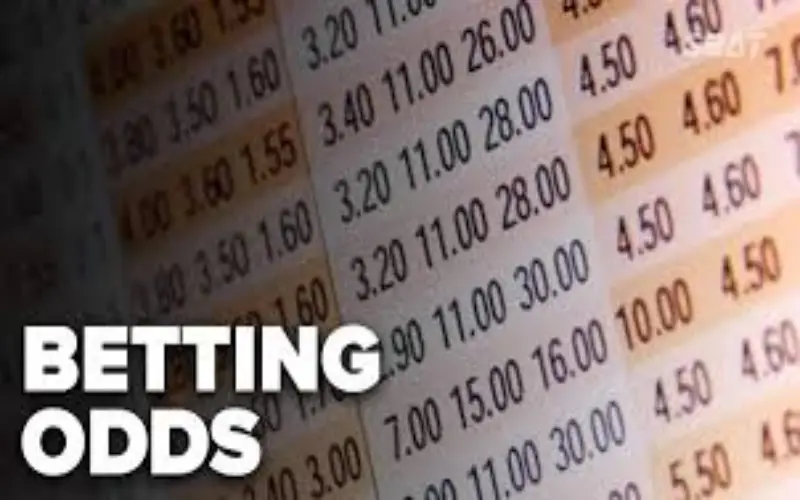Sports betting is a popular activity that combines excitement and strategy. One of the most crucial aspects of sports betting is understanding the odds. In this article, we’ll explain what sports betting odds are, how they work, and how you can use them to make better betting decisions. We’ll use simple language to make sure everyone can understand, even if you’re new to sports betting.
What Are Sports Betting Odds?

Sports betting odds are numbers that tell you how likely something is to happen in a sports event. They also show how much money you can win if your bet is successful. Different countries use different formats for odds, but they all serve the same purpose: to help you understand the likelihood of an event and the potential payout.
Types of Sports Betting Odds
There are three main types of sports betting odds: decimal, fractional, and moneyline. Each type looks different but gives you the same information. Let’s explore each one.
Decimal Odds
Decimal odds are popular in Europe, Canada, and Australia. They are straightforward to understand. The number you see is the amount you win for every unit you bet. For example, if the odds are 2.50, and you bet $10, you will win $25 (2.50 x $10) if your bet is successful. Your total payout includes your original bet plus your winnings.
Fractional Odds
Fractional odds are common in the United Kingdom and Ireland. They look like fractions, such as 5/1 or 10/3. The number on the left shows how much you can win, and the number on the right shows how much you need to bet. For example, with odds of 5/1, you can win $5 for every $1 you bet. If you bet $10, you can win $50.
Moneyline Odds
Moneyline odds are used in the United States. They can be positive or negative numbers. Positive moneyline odds show how much you can win on a $100 bet. For example, +200 means you can win $200 on a $100 bet. Negative moneyline odds show how much you need to bet to win $100. For example, -150 means you need to bet $150 to win $100.
How Do Sports Betting Odds Work?
Sports betting odds are set by bookmakers, who use them to balance the amount of money bet on each side of an event. Odds reflect both the probability of an event and the bookmaker’s margin. Let’s see how this works.
Probability and Payout
Odds are linked to probability. The higher the odds, the less likely the event is to happen, and the bigger the payout if it does. Conversely, lower odds mean the event is more likely to happen, and the payout will be smaller.
Bookmaker’s Margin
Bookmakers set odds to ensure they make a profit regardless of the outcome. This profit margin is known as the “vig” or “juice.” It means the odds are slightly less favorable than the true probability of an event. Bookmakers adjust the odds based on the amount of money bet on each side to keep their profit margin.
How to Read Sports Betting Odds
Reading sports betting odds is essential for making informed bets. Here are some tips to help you understand and use odds effectively.
Comparing Odds
Different bookmakers may offer different odds for the same event. It’s a good idea to compare odds from multiple sources to find the best value. This practice is called “line shopping.”
Understanding Implied Probability
Implied probability is the likelihood of an event happening, as suggested by the odds. You can calculate it to see if a bet offers good value. Here’s how to do it:
- Decimal Odds: Implied Probability = (1 / Decimal Odds) x 100
- Fractional Odds: Implied Probability = (Denominator / (Numerator + Denominator)) x 100
- Moneyline Odds: For positive odds, Implied Probability = (100 / (Positive Odds + 100)) x 100. For negative odds, Implied Probability = (Negative Odds / (Negative Odds + 100)) x 100.
Finding Value Bets
A value bet is when you think the probability of an event happening is higher than what the odds suggest. To find value bets, compare your estimated probability with the bookmaker’s implied probability. If your probability is higher, it’s a value bet.
Read more here: Grummy: Your Ultimate Lottery and Gaming Destination
Conclusion
Understanding sports betting odds is key to making informed decisions and improving your chances of winning. By learning about different types of odds, how they work, and how to read them, you can develop a smart betting strategy. Remember to practice good bankroll management, analyze odds movements, and look for value bets to increase your success. With this knowledge, you’ll be better prepared to navigate the exciting world of sports betting.







